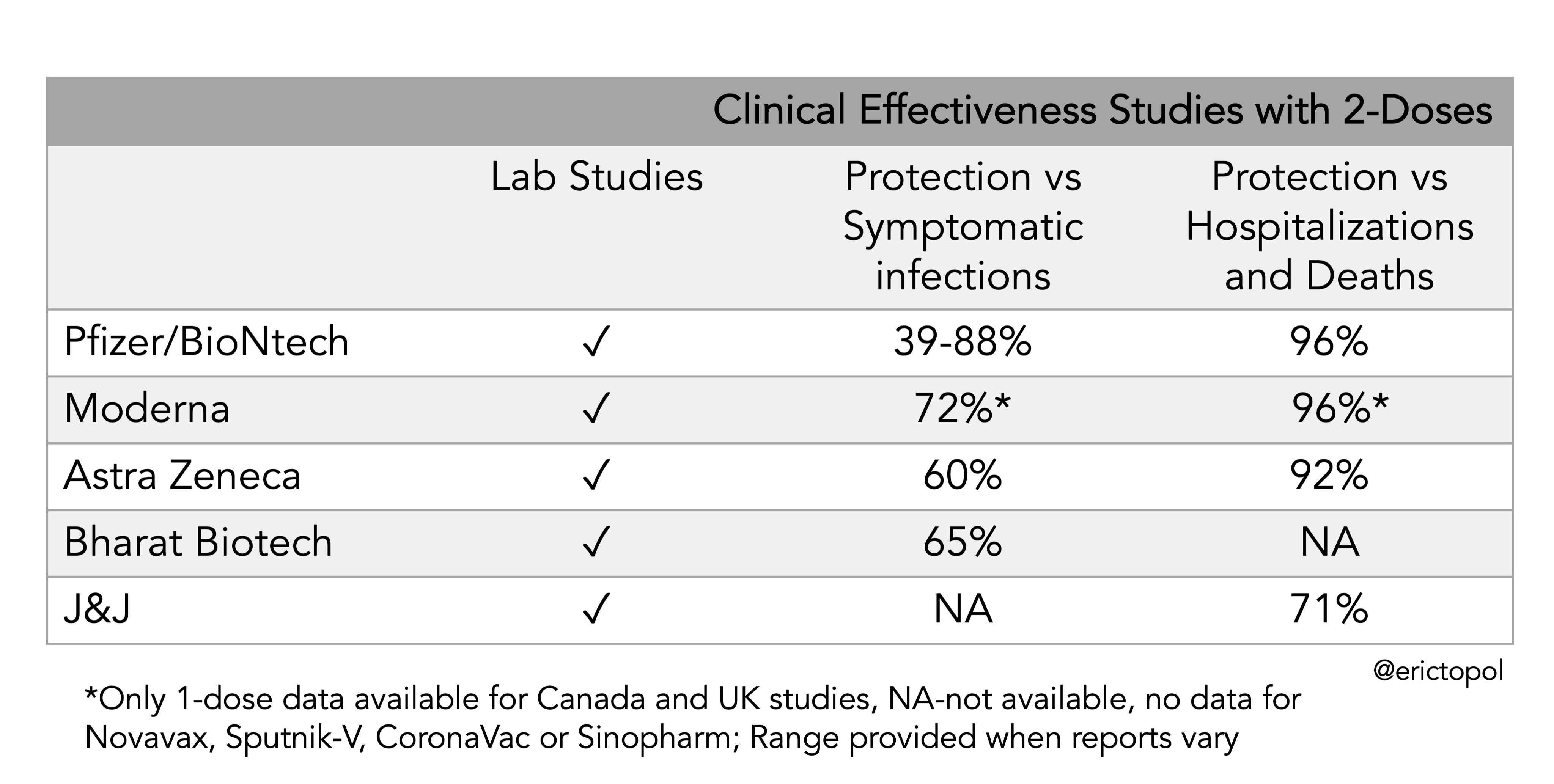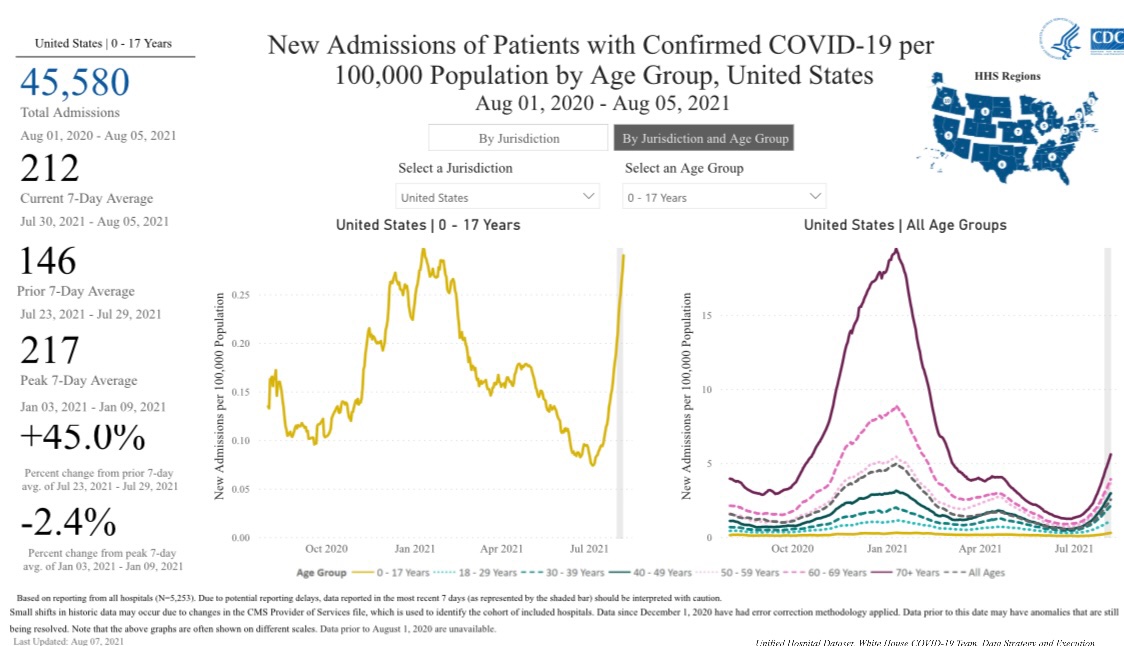Belief systems
I first wrote about COVID-19 on Mar 1, 2020. It was at a time when coverage on the Coronavirus was still a fringe phenomenon. A combination of an insufficient healthcare system, the politicization of everything, and a leader who didn’t believe in science led me to believe (and share) that the US would be among the most dangerous places on the planet.
Every once a while, I make a prediction based on current data that I hope won’t be true. This is the case with every post I write on the climate crisis. That was one of them.
We now have just over 614,000 deaths reported. Assuming reports are understated by ~40%, we’ve probably crossed the 1M mark. Or ~700,000 deaths per year. As a comparison, the deadliest war in the last 100 years (World War II) led to ~100,000 deaths per year. In terms of the % of population, the World War II casualty list impacted 0.07% of the US population. The equivalent number for COVID-19 is ~0.2% or 3x.
It has been a brutal 18 months.
It could have been a lot worse if it weren’t for the vaccines. When the vaccines came, it looked like the end of the pandemic might be near.
Why, then, are we seemingly back to where we began with the Delta variant?
COVID-19 has been a fascinating exposition of human nature. One such idea I’ve been thinking about is belief systems.
So, what are belief systems? They are an all-or-nothing set of beliefs that people in our tribe believe. The combination of our desire to belong and the internet’s ability to isolate us into our tribes has made it easier than ever for us to find a belief system and then ensure we dig our heels in.
For example, here are a few statements related to the pandemic.
(1) The Trump administration did a great job betting on vaccine technology.
(2) The Biden administration followed up with a nearly world-class rollout.
(3) The vaccines have been incredibly effective in preventing deaths even with the mutation / Delta variant (sadly, infections will be on the up). Outside of ~5M folks who are immunocompromised, there’s a reason these vaccines are being strongly recommended. The force is strong on these.

(4) COVID-19 was likely a result of a lab leak from Wuhan Institute of Virology. China has understandably blocked any real investigation into the matter (because that’s what China does). However, our collective intellectual curiosity on why it happened and what we can learn – perhaps the most significant event in the past century – has been a disgrace.
(5) The Delta disaster, sadly, is a crisis affecting the unvaccinated. I thought this San Diego Daily Tribune’s chart was simple and effective. We need more of these sorts of visualizations.

(6) Misinformation on said vaccines is often a result of a lack of understanding of ratios and our proclivity to find comfort in anecdotes over data. When over 2.75 billion people have been vaccinated, there are going to be many such anecdotes. In the US for example, 125000 vaccinated folks still came down with COVID-19. Even at 0.8%, we’re looking at large numbers. Anecdotes are plentiful.
(7) As trial data is only limited to the last year, we will never know the long term impact of these vaccines. We have reasons to believe the side effects, if any, are minimal. We do need to weigh this possibility vs. getting COVID-19.
(8) The Delta variant has changed the nature of the pandemic for children. Hospitalizations are trending up significantly. A vaccine for children was not urgent a few months ago. That has changed.

(9) It is frustrating to see pharmaceutical companies focused on the Booster. While the booster is important in the long run, it is far more important to get vaccines in the hands of countries that don’t have them. If not, the risk of the next mutated variant keeps going up.
Depending on the belief system, you will find groups that agree with some of these and vehemently disagree with the rest. How could you, for example, give the Trump administration any credit if you believe in vaccines? Or, how could you believe in vaccines and scientists if you agree COVID-19 was the result of a lab leak? And so on.
There are all sorts of definition problems at play of course. For example, the folks who decry scientists and use that to decry science don’t understand science (this post is a fascinating exposition into the topic if you’re interested).
But, at the heart of this all is the the power of belief systems.
I’ve shared a few times that COVID-19 is a warm-up act compared to the likely impact of climate change. And, if we will have learnt anything from this pandemic when this is likely behind us in ~2 years, (and I hope we will have), it is the importance of understanding the importance of belief systems in enabling change.






